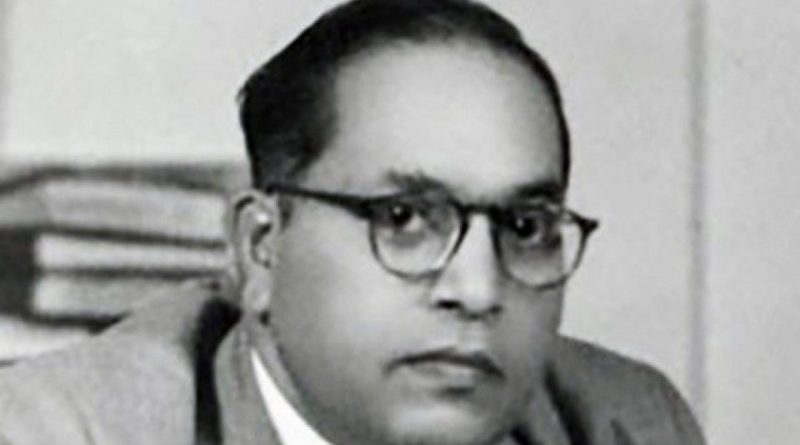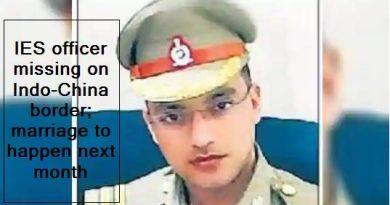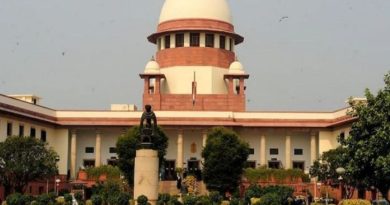BR Ambedkar Was India’s “First Male Feminist”, Says Shashi Tharoor
Ambedkar as a legislator fought for women workers and labourers, he said, adding, “It was a remarkable feminist thinking of this man 80-90 years ago.” Shashi Tharoor said.
Dr B R Ambedkar was India’s first male feminist, who propagated such ideas decades back that could be considered as progressive even for the current generation of politicians, Congress leader and writer Shashi Tharoor said on Saturday.
He was speaking during an interaction programme at the ongoing Goa Heritage Festival.
“He (Ambedkar) was probably India’s first male feminist. Way back in 1920, 30s, 40s he made speeches, including in front of a female audience, which today would be considered as progressive for a male politician,” the Congress MP said while speaking about his latest book “Ambedkar: A Life”.
“He (Ambedkar) urged women not to allow themselves to be forced into marriage. He urged women to delay marriage, delay childbirth. He urged them to stand up to their husbands as equals,” The Thiruvanathapuram MP said.
Ambedkar as a legislator fought for women workers and labourers, he said, adding, “It was a remarkable feminist thinking of this man 80-90 years ago.” “There is a tendency to see Ambedkar as a Dalit leader. He was the principal Dalit leader of the country. From his early 20s, he was an influential voice and became more and more influential,” he said.
Ambedkar was an extraordinary constitutionalist, being the chairman of the drafting committee. It was he who presented and defended every single one of the provisions of the Constitution, Mr Tharoor said.
Responding to a question on India’s image globally, Mr Tharoor said that in 1975, the country’s image in America was awful.
“It was considered a poor country and people’s idea about India was about fakirs sleeping on nail-bed or snake-charmers doing road tricks. From there, the transformation has been astonishing. By the turn of the millennium, you have Indian software revolution and suddenly started imagining Indians as computer gigs,” he said.
Shashi Tharoor said that the ‘Y2K’ phenomenon was a turning point for the Indian computer professionals.
“There was a fear that all the computers would crash…Suddenly we had a demand for Indians doing codes to overcome that problem and that’s when India’s software revolution really took off,” he said.
According to him, the other thing that happened in the western world was about the consciousness of Indian expatriates as not just computer people, but engineers and doctors.
“Indians, from being beggars and snake-charmers, were now software engineers,” he said.




